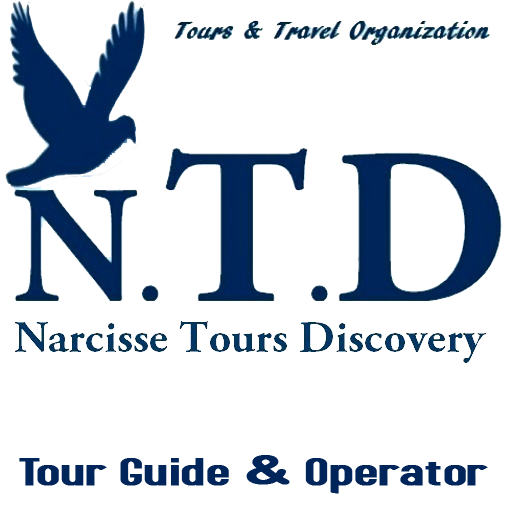Ziffer (1989)
Form of tourism that is based primarily on the natural history of a region, including its indigenous cultures, which also requires active management by the country or region of Home, which takes the commitment establish and maintain sites with residents, to ensure proper marketing to ensure regulated under the Rotterdam and affect the company’s revenue to finance land management and community development.
World Conservation Union (IUCN, 1996)
Responsible travel on the environment and visit relatively undisturbed natural areas in order to enjoy nature
– as well as any cultural event past or present observable these environments, encouraging conservation with very limited adverse impact and s’ through active participation of local people in order to generate benefits.
Honey (1999)
Travel to fragile, pristine natural areas – usually protected areas – to a very limited negative effect, speaking mostly in small groups, encouraging the education of visitors, generating funds for conservation, directly supporting the economic development of host communities and support local development and promote respect for different cultures and human rights communities.
World Tourism Organization
– A nature tourism mainly focused on the observation and appreciation of nature and cultural components associated with it;
– Offered and practiced sustainable (economic benefits for residents and respect the host environment and natural / cultural environment);
– In which overlap the distinctive elements of ecotourism, such as special contribution to the efforts to protect the home environment and educational component (eg interpretation).



